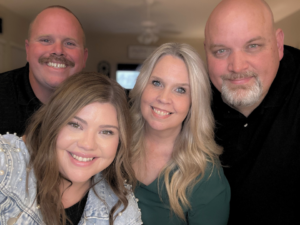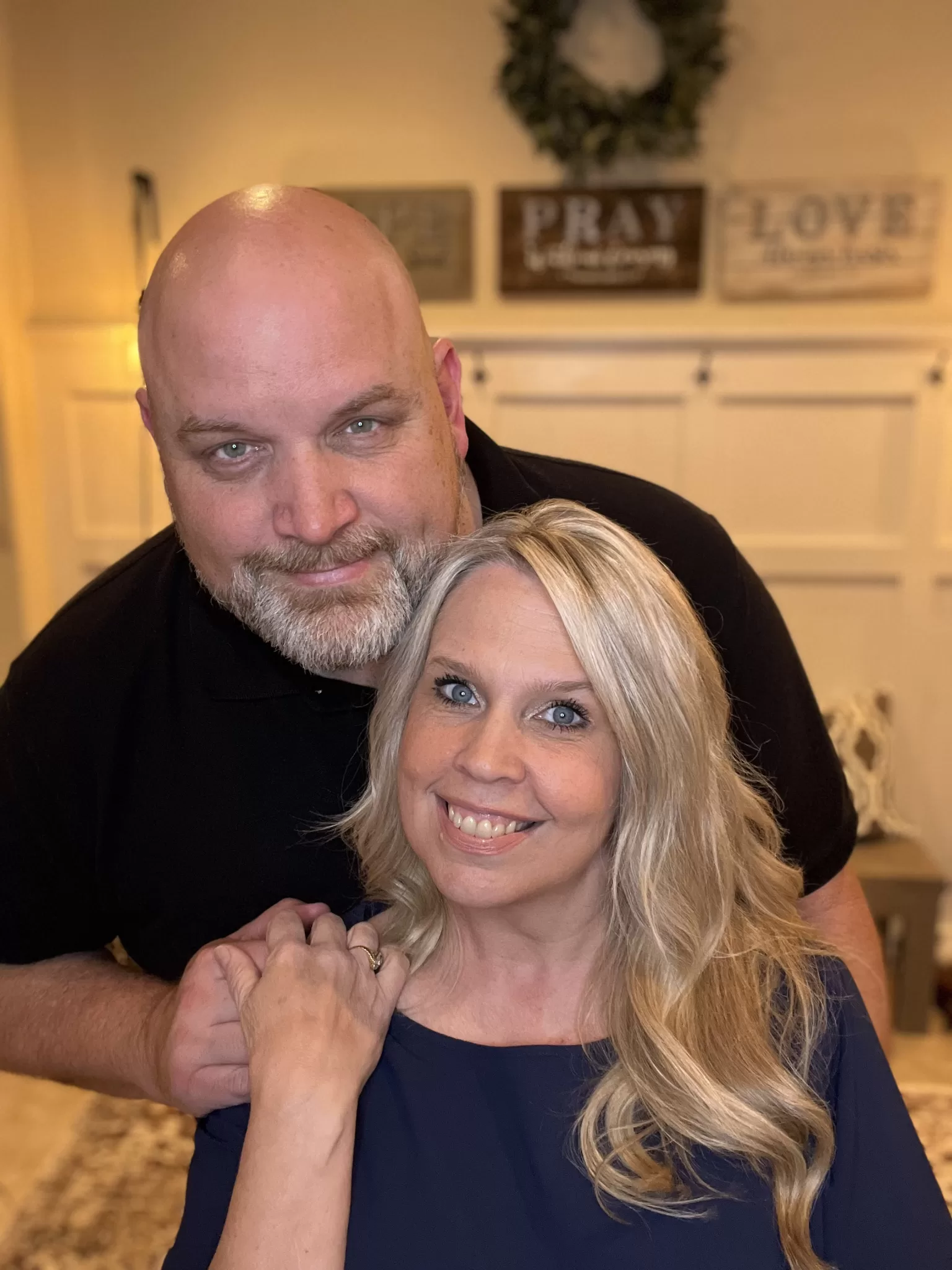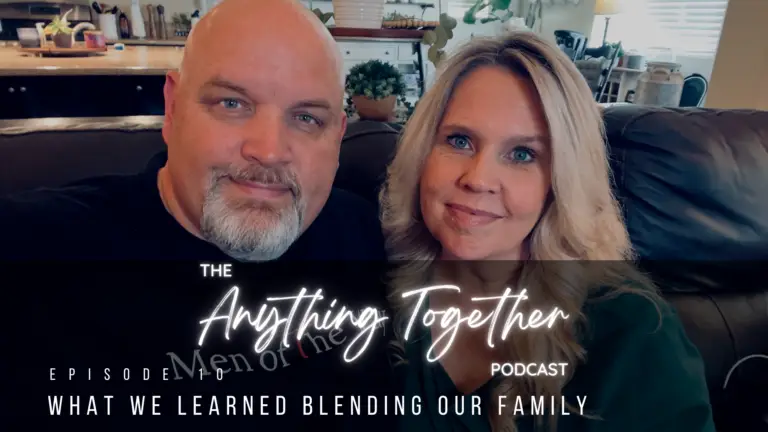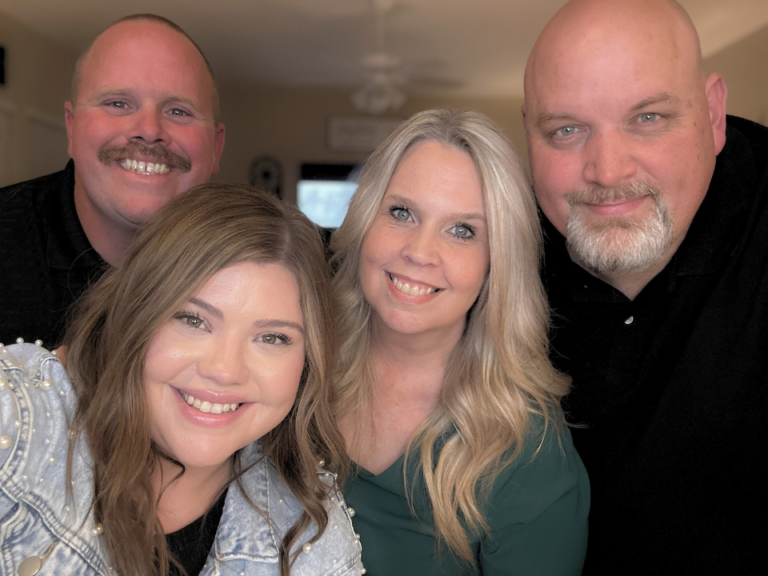“Sorry – this is just who I am, and I can’t change it, so you’ll just have to take it or leave it.” Have you ever heard those words? Have you ever said them yourself?
This is a response people may use when they’re being combative, remaining in unconfessed sin, or continuing unhealthy habits in their marriages. This mindset is a destructive one, and it’s dangerous to the marriage relationship. It also demonstrates poor character. And it may also communicate the following to your spouse: I don’t love you enough to work on these negative parts of my personality.
This stands squarely against what the Bible teaches. God’s Word tells us that love isn’t rude or self-centered (1 Cor. 13:5). But that sort of attitude also stands against the vows we made on our wedding day:
To love and to cherish.
Webster defines the word cherish as: “to hold dear; to cultivate with care”. How often do our words communicate things that don’t hold to the standard set by that definition?
Let’s look at three destructive results of this way of thinking.
It’s dangerous to the marriage relationship.
How? Because it breaks down the intimate bond that is the treasure of a healthy marriage. The feeling of being truly known and deeply loved. The unique connection between a husband and wife who are also the closest of friends. When we refuse to make the necessary changes to improve the health of our marriage, we choose to put ourselves before our spouse. We refuse to meet the our spouse’s needs. Over time, this will cause big issues with trust and intimacy.
It might be an indication of poor character.
There are many reasons to strive to be a person of integrity and good character. It breeds confidence and trust from others. It enables you to be a good example to your children. And, in a marriage, it cultivates the respect and adoration of your spouse. We all like to be adored, admired, and held in high regard. To earn this, it’s important that we live with integrity and good character. So, resisting opportunities that would allow God to change your thoughts and behaviors, and choosing to continue to disrespect your spouse makes it difficult for them to admire or respect you.
It communicates a lack of love.
When I hear “that’s just the way I am”, what I really hear is, “I’m not willing to change for you, or for our marriage.” You will hear us say over and over that the “secret sauce” to a good marriage is a combination of kindness, and selflessness. It’s putting your spouse’s needs above our own. To cultivate a healthy relationship, Wayne and I both must be willing to make adjustments to our attitudes, to our reactions, and even to our tone of voice. In doing this, we communicate a willingness to work on our marriage in an everyday-kind-of-way.
Nobody has “arrived”. We are all a work in progress. Heck, just the other day, we were irritated at each other and let it get the best of us for a short time. But part of the process is work. I need to be willing to listen to my husband when he tells me I’m doing something that hurts him, or feels disrespectful to him. And, he should listen when I tell him that his attitude or his reactions are offensive to me. And it’s important to remember that active listening requires action. Which, often means necessary and uncomfortable changes need to be made, on our part. But aren’t a healed relationship, and a peaceful home worth that?
Final Thoughts
Sometimes we already know the areas we need to change. Chances are, we don’t need to be told what they are. We’ve wrestled with it time and time again; frustrated with ourselves one day, giving up completely the next, and trying again a few days later to fix it. Perhaps, we can avoid those hard conversations with the one we love most by taking a more proactive approach. Ask God to find those places in you where healing is needed. And then allow Him to work in those areas as He sees fit. Pray today that He will help you surrender those bad habits, selfish desires, and harsh reactions. Your and your spouse both deserve to be loved the way God intended.













